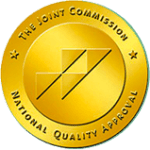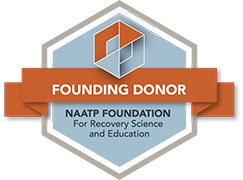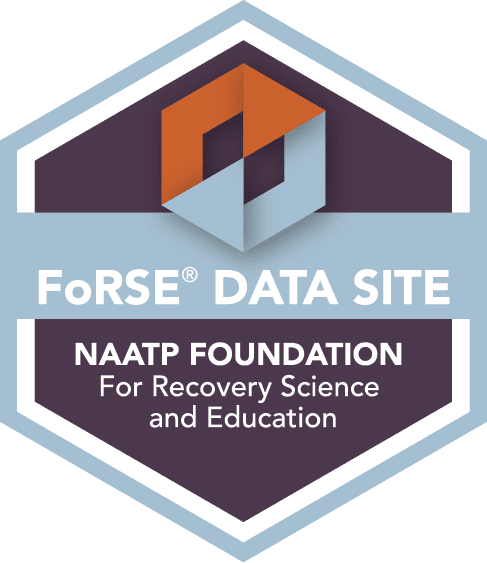Relapse Prevention: How Can I Discover What Triggers Me Personally?
We’re all made up of different thoughts, feelings and life experiences. Just as a person entering a new relationship will need to learn more about what they can/cannot say to their new beau because of past experiences, you’ll need to learn about yourself in recovery to discover what triggers you. Not one of us are the same, and while we can generally speak about tools for relapse prevention, these tools are only going to work if you’re able to identify specific triggers that you have and practice finding the right tools to combat them in given situations. If you’re ready to dive a little further into relapse prevention this year, recognizing your personal triggers is an excellent way to strengthen your recovery – because you’ll be better prepared for the unexpected.
What Are Triggers?
Psychiatrist Dr. Chad Coren told The Fix in 2015 that triggers are, “…Any high-risk situation or stressor that sparks off a thought, feeling, or action to use drugs or alcohol. This spark, which is experienced as a temptation to use, is called a ‘craving’ or ‘urge.’ Triggers lead to cravings and urges to use.”
Triggers can occur in the most unexpected of moments; even if you’re having a great day, a sudden shift in mood or an unexpected event can come up which can cause you to feel sad, irritable, overly confident and other strong emotions that place a person at greater risk for relapse. There are two types of triggers:
External Triggers
These are triggers that involve anything outside of yourself; they are people, places, things and circumstances that have a significant impact on you:
- People
- Running into an old friend who you used to drink with
- Contacting a person who sells you drugs or medication
- Places
- Passing by a house that you used to abuse drugs in
- Your living room couch, if that’s where you used to use drugs
- Things
- Seeing a bottle of alcohol on the table
- Noticing prescription medication sitting in the cabinet
- Circumstances
- Holidays
- Certain times of the day when you used to use substances
- Getting into an argument with a friend
Internal Triggers
These are triggers that occur within you. This may include thoughts, feelings, and physical sensations:
- Thoughts
- “I’m worthless.”
- “I can’t have an intimate relationship without using substances.”
- “The only way I can see myself having fun is if I’m drinking or using drugs.”
- Feelings
- Anger
- Sadness
- Overly confident or extremely happy
- Guilt
- Physical sensations
- Pain
- Fatigue
- Headaches or other withdrawal symptoms, etc.
Investigating Your Own Triggers
Step 1: Get to Know Yourself
As a 2017 study published in the Jundishapur Journal of Health Sciences indicates there are a number of other factors to consider that could influence the types of triggers you experience in recovery, such as: age, sex, education level, occupation, marital status, family history of substance abuse, drug dosage, treatment history, co-occurring disorders, and more. Start thinking about the many factors that make you, you, and consider how that may be impacting your recovery.
The basic elements that make up who we are – such as our biological makeup, our history, and our accomplishments – do shape the way we think about ourselves, others, and the world around us. Spend some time contemplating the key ingredients that make up your human existence, and think to yourself, “Does this have any influence on my recovery or experience with triggers?” Doing so will help build your self-awareness, which does a great job of combatting relapse.
Step 2: Use Resources
12-Step programs, such as Alcoholics Anonymous (AA) or Narcotics Anonymous (NA), can greatly help a person identify their triggers through participation in group discussion. Topics such as triggers and relapse prevention help get people in the habit of self-awareness, which is the only way we can take a stand against unruly thoughts or feelings that arise. You may also wish to journal your daily experiences, as this can lead you to identify some key patterns that form. For example, you may find that every time you talk to a certain person, you become more irritable – yet you don’t know why. That irritability could trigger you to want to use substances, which you can then speak with your therapist about to get more insight and to develop some specific tools for combatting those feelings. The tools you use could include distancing yourself from that person or restructuring your thoughts – along with some other effective interventions.
Step 3: Learn from Relapse
A 2015 study published in the Yale Journal of Biology identified 5 key rules to relapse prevention: 1) create a life that is conducive to recovery, 2) be completely honest with yourself and others, 3) ask for help when you need it, 4) practice self-care, and 5) don’t give up. Sometimes, relapse does occur – and that doesn’t mean that you’ve failed. Recovery is a major learning process that takes a lot of trial and tribulation. If you do relapse, talk about it with those in your recovery community to figure out exactly what happened.
Don’t wait any longer; begin the journey towards recovery today. Hope is not lost, and healing is right around the corner.
This is the year to change your life from suffering due to the disease of addiction to thriving in the sunlight of the spirit of sobriety. As the world’s first 12-Step treatment center, established in 1939, High Watch Recovery is dedicated to educating patients on 12-Step principles, actions, philosophies, and lifestyles, preparing them to live a happy and healthy sober life after graduating. For information on our continuum of clinical care and our compassionate approach to treatment, call us today: 860.927.3772.








